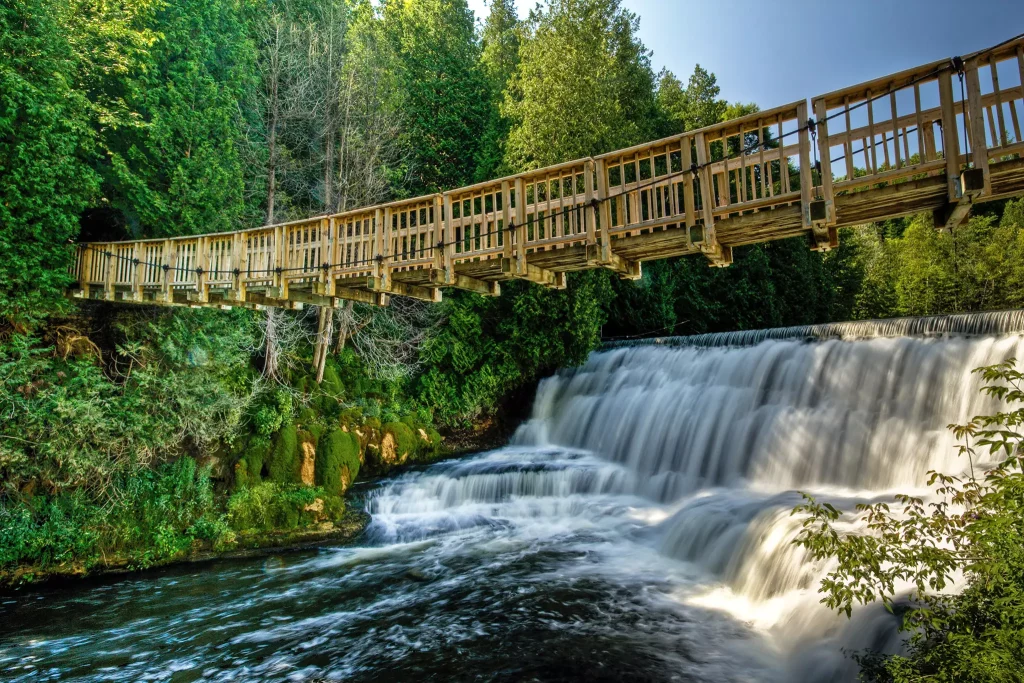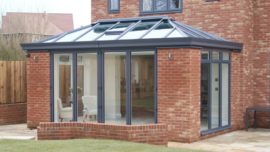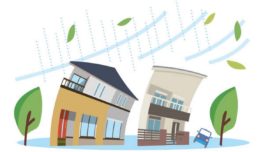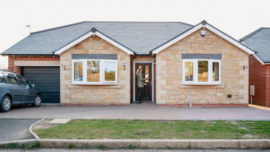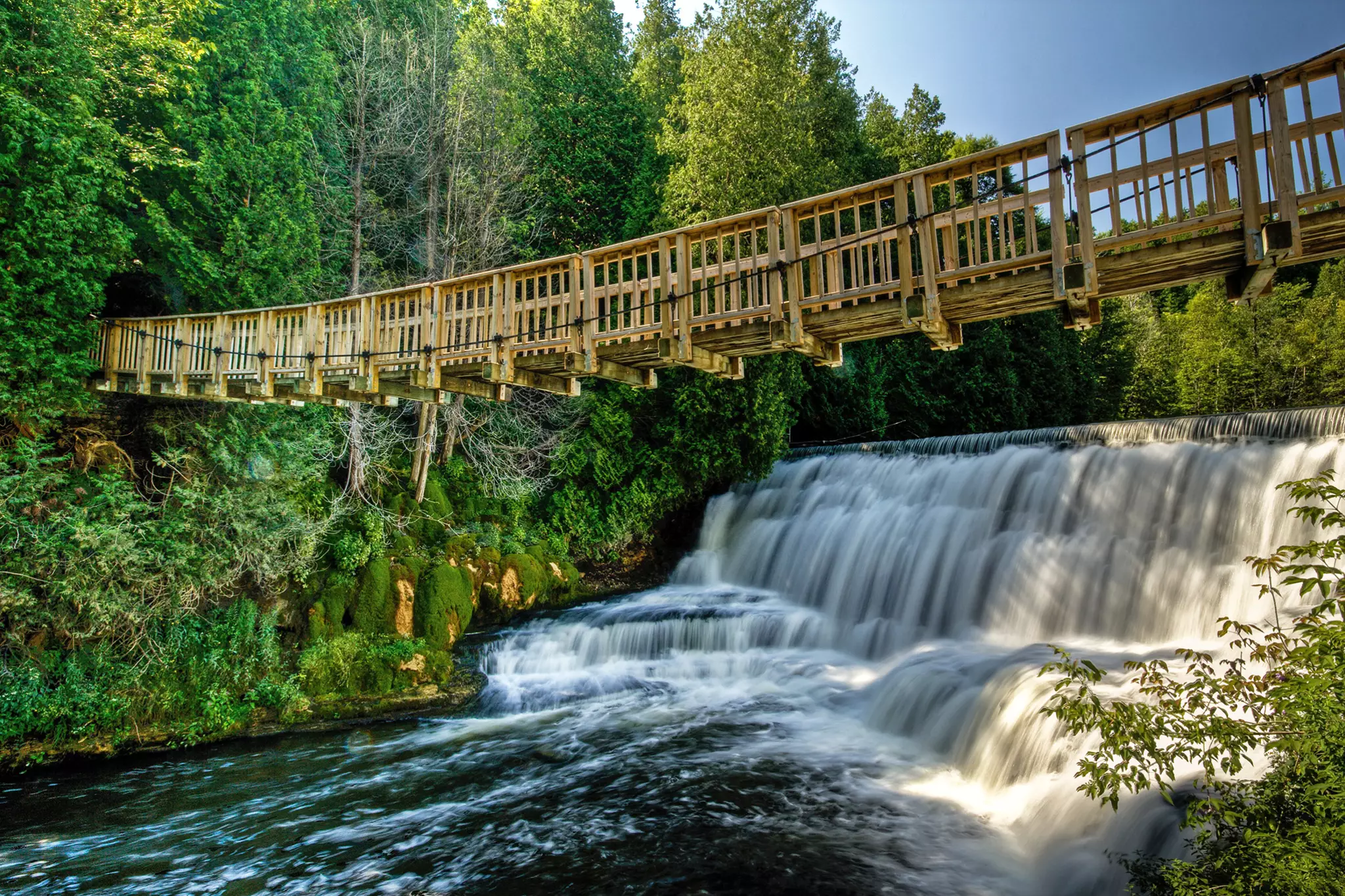
Conservation Area: Your Questions Answered
A conservation area is an area of special architectural or historic interest, the character of which it is desirable to preserve or enhance. And in other words, the features that make it unique. So, conservation areas protect all the natural resources that are critical to people on earth. The protected areas provide for life’s essentials.
What does it mean to live in a conservation area?
Living in a conservation area can make it more difficult to make changes to your home. You will be able to alter your home. However, if you decide to make the smallest of alterations, you will need to apply for planning permission. For example, replacing your doors and windows.
Is a conservation area the same as AONB?
AONB stands for an Area of Outstanding Natural Beauty. They are similar but are not the same. An AONB are areas in the countryside in England, Wales, and Northern Ireland. They are areas that have been designated for conservation due to its significant landscape value.
Is it worth buying a property in a conservation zone?
If you are happy to live with the restrictions in place regarding maintenance and home improvements, then you should buy a home in an area like this. Whereas, if you have a more creative side and enjoy renovating then purchasing a home outside a conservation area might be best for you. In addition, living in a conservation area is likely to increase the value of your home as your neighbourhood is very appealing and will stay that way.
How many conservation areas are in the United Kingdom?
In early 2021, there were just under 9,800 unique conservation areas in England. They provide heritage protection for around 2.3% of England’s land area and over 10% of properties.
Can I change the exterior of my house?
Permitted development allows you to alter the exterior of your home looks as long as you build with materials that match the property’s existing look. Furthermore, if you’d like to change your property exterior look completely you will need to apply for full planning permission.
